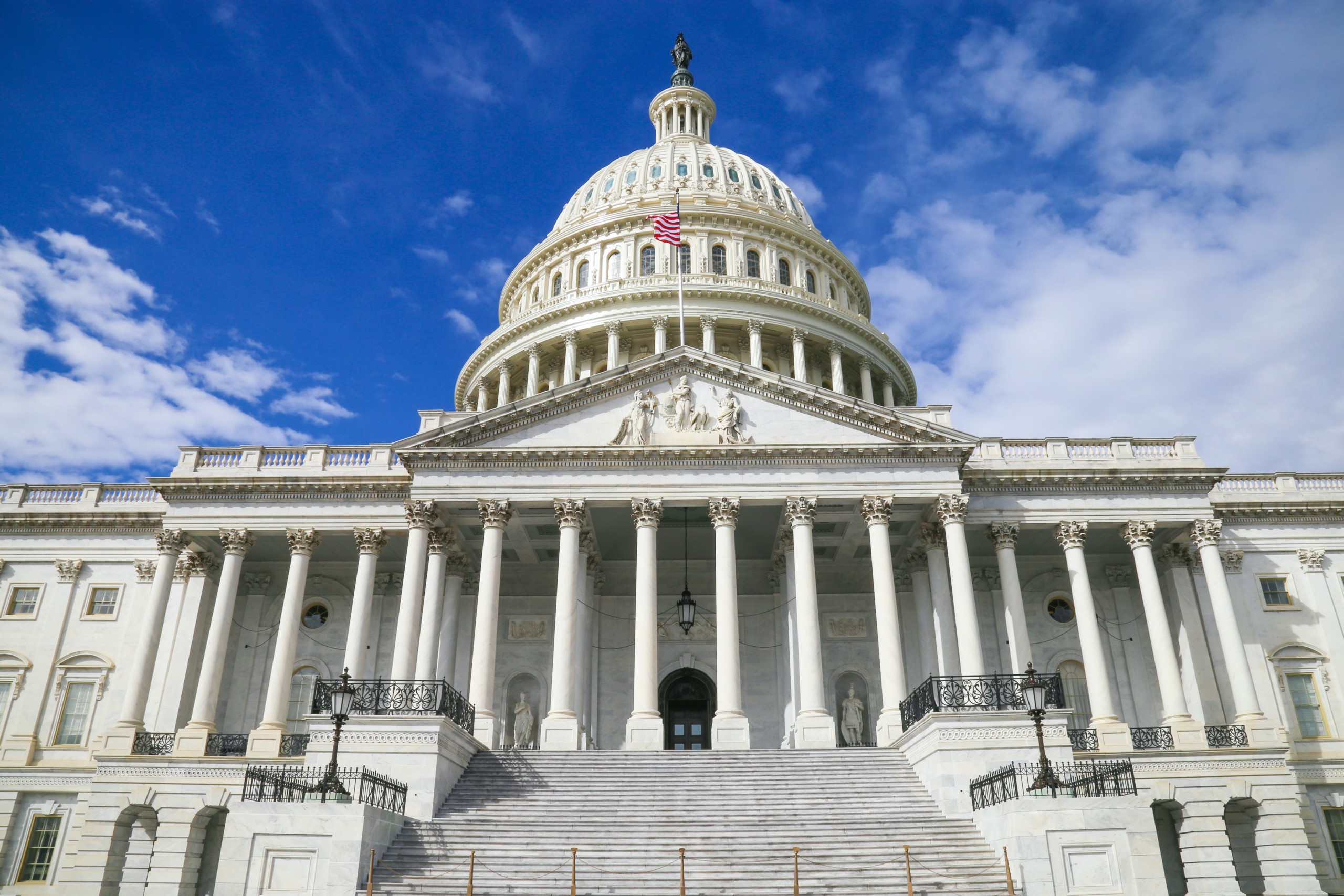This website uses cookies so that we can provide you with the best user experience possible. Cookie information is stored in your browser and performs functions such as recognising you when you return to our website and helping our team to understand which sections of the website you find most interesting and useful.
News
Legislative Update: CLEAN Future Act Could Threaten Vinyl Industry
Climate Change
Earlier this month, we reported that the House Energy and Commerce Democrats leaders unveiled, the Climate Leadership and Environmental Action for our Nation’s (CLEAN) Future Act, a climate bill that would have serious implications for the vinyl industry and other plastic manufacturers. The nearly 900-page legislation spearheaded by Chairman Frank Pallone (D-NJ) aims to achieve net-zero greenhouse gas emissions by 2050 and includes many of the troublesome policies of the 2020 Break Free From Plastic bill, including pausing permitting of new and expanded plastic production and related facilities while the Environmental Protection Agency (EPA) updates clean air regulations to limit these facilities’ emissions.
The Vinyl Institute (VI) has reviewed the provisions of the CLEAN Future Act has found the bill, as drafted, would threaten vinyl industry jobs, and those whose jobs rely on products made from vinyl. It would also halt development of new sustainable recycling technologies such as advanced recycling.
Some of the drafted provisions aimed at the industry include:
- Sets a clean energy standard that sets an interim goal of 80 percent clean electricity by 2030 and 100 percent by 2035. It would create a credit trading system for utilities to meet clean energy goals.
- Puts a 3-year pause on permits of new and expanded plastic production and related facilities while the EPA updates clean air regulations to limit these facilities’ emissions.
- Establishes a Buy Clean Program that sets performance targets to steadily reduce emissions from construction materials and products used in projects that receive federal funding.
- Creates new recycling and waste management requirements, including establishing post-consumer recycled content standards for everyday products, implementing a national bottle deposit program, and standardizing labeling and collection of recyclable goods.
- Creates a task force to begin establishing an extended producer responsibility (EPR) system for products in the marketplace.
- Imposes new clean air permitting requirements on industrial facilities that produce plastic.
- Directs EPA to ensure that any permit for a new or expanded plastic production or related facility addresses environmental justice impacts.
- Establishes programs to invest in community-level zero-waste initiatives.
By pausing new and expanded plastic production permitting, the legislation would prohibit advanced recycling, leading to numerous consequences through the supply chain that depends on plastics. The move essentially contradicts the legislation’s intention of “modernizing recycling and waste management” by preventing the use of proven technology that achieves the goals of 100% recycling and suitability.
The legislation would also put millions of U.S. manufacturing jobs in jeopardy as the U.S. continues to struggle with record-high unemployment due to the COVID-19 pandemic. Halting plastics production would have devastating effects on businesses and industries throughout the supply chain that depend on the plastics industry to provide consumer goods. Furthermore, many of the products designed to build resiliency and combat climate change rely on plastics as part of their technology and components.
The VI supports the need to address climate change and plastic waste but singling out one material rather than looking toward the innovative advances in plastics recycling that would benefit the environment and provide new recycling management options for plastic waste is counterproductive and unworkable. The VI welcomes the opportunity to work with all the stakeholders to shape the CLEAN Futures Act into meaningful legislation that helps solve the difficult climate change, waste management, and environmental justice issues the U.S. and other countries face.
Supply-Chain Disruption
The February deep freeze that left millions in the Texas without power also shut down one of the country’s largest petrochemical complex, triggering ripple effects that prove just how vulnerable U.S. manufacturing is when there are supply chain disruptions and how important petrochemicals and plastics are to businesses and consumers. The loss of power, damaged pipes, and frozen gas wells forced plants to shut down several petrochemical plants in the Gulf. Prices for polyethylene, polypropylene, and polyvinyl chloride (PVC) used for consumer products across multiple sectors are reeling, leading to many companies seeing their profit margins gutted. The unplanned and prolonged closures of several facilities have led to global supply chain shortages of everything from building supplies such as siding, paint, and insulation for houses to hospital and medical supplies needed for COVID-19 vaccination efforts.
Honda Motor Co. has said they will have to halt production at most of its U.S. and Canadian factories next week, as Toyota Motor Corp. is grappling with similar production shortages in their plants. Manufactures of PVC piping say they are falling short in fulfilling their contractual orders, and chip makers are struggling as they already face a major shortage in semiconductors.
The ice storm only exacerbated a supply chain that was being pushed to the max by consumers buying more products as they stayed home during a pandemic, married with huge increases in manufacturing of medical and protective products which require plastic as part of its manufacturing raw materials. At the peak of forced shutdowns, 75% of polyethylene capacity was shut, 62% of polypropylene capacity, and 57% of PVC, according to S&P Global Platts. Analysts say it will take months for inventories to recover.


